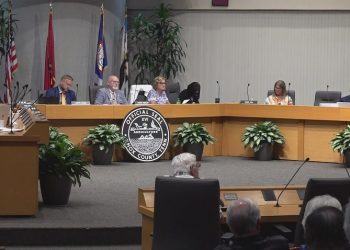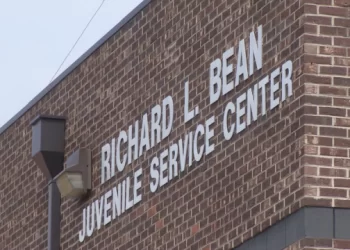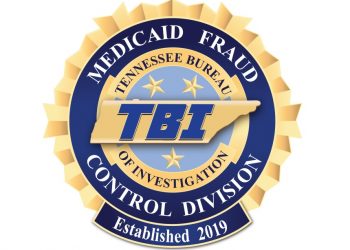Maryville, TN – A new Tennessee state law, set to take effect on January 1, requires bartenders and certain servers to undergo additional training aimed at preventing human trafficking and sexual assault. The law emphasizes the importance of recognizing the signs of both crimes and understanding the role that alcohol and drugs can play in sexual assaults.
The legislation was initially focused on raising awareness about human trafficking, but after input from the Sexual Assault Center, the scope was expanded to include sexual assault prevention. Lorraine McGuire, a representative from the Sexual Assault Center, explained that the law aims to ensure that all those serving alcohol in the state are equipped with the knowledge to intervene safely if they witness signs of sexual assault or human trafficking.
“There’s a need for everyone who is serving alcohol to have that same knowledge,” McGuire said. “By teaching basic bystander intervention techniques, we can empower people to step in when they see something wrong, whether it’s sexual harassment or assault.”
The training, which will be required for bartenders and some servers as part of their certification process, is designed to educate workers on how to identify key signs of sexual assault or trafficking and how to intervene in a safe and effective way. According to McGuire, alcohol is involved in about 50% of sexual assault cases, either through the victim or the perpetrator, making it crucial for bar staff to understand the intersection between alcohol and sexual violence.
Seth Barber, the owner of The Pirate Tavern in North Knoxville, expressed strong support for the law’s intent, noting that safety is a top priority for his business. He emphasized that ensuring a safe environment for customers is key to his establishment’s values. “We want to make sure we recognize those signs if someone says, ‘Hey, I need to use the bathroom, can you watch my drink?’ We will absolutely watch your drink because we don’t want anything happening while they’re away,” Barber said.
However, the law does present logistical challenges for some businesses. One major concern is the requirement for bartenders to be recertified every two years. Barber pointed out that this would impose additional costs on both employees and businesses, as well as disrupt operations when staff members need to take time off to complete their training. “It’s a cost to them as employees, and it’s a cost to us as an employer,” Barber noted. “If they don’t get the class, we can’t let them work.”
Despite these concerns, the law is being hailed as a necessary step toward making Tennessee’s bars and restaurants safer spaces for all patrons. By providing bartenders and servers with the tools to recognize and respond to human trafficking and sexual assault, the state hopes to foster an environment where bystanders are more likely to intervene when they witness harmful behavior.













